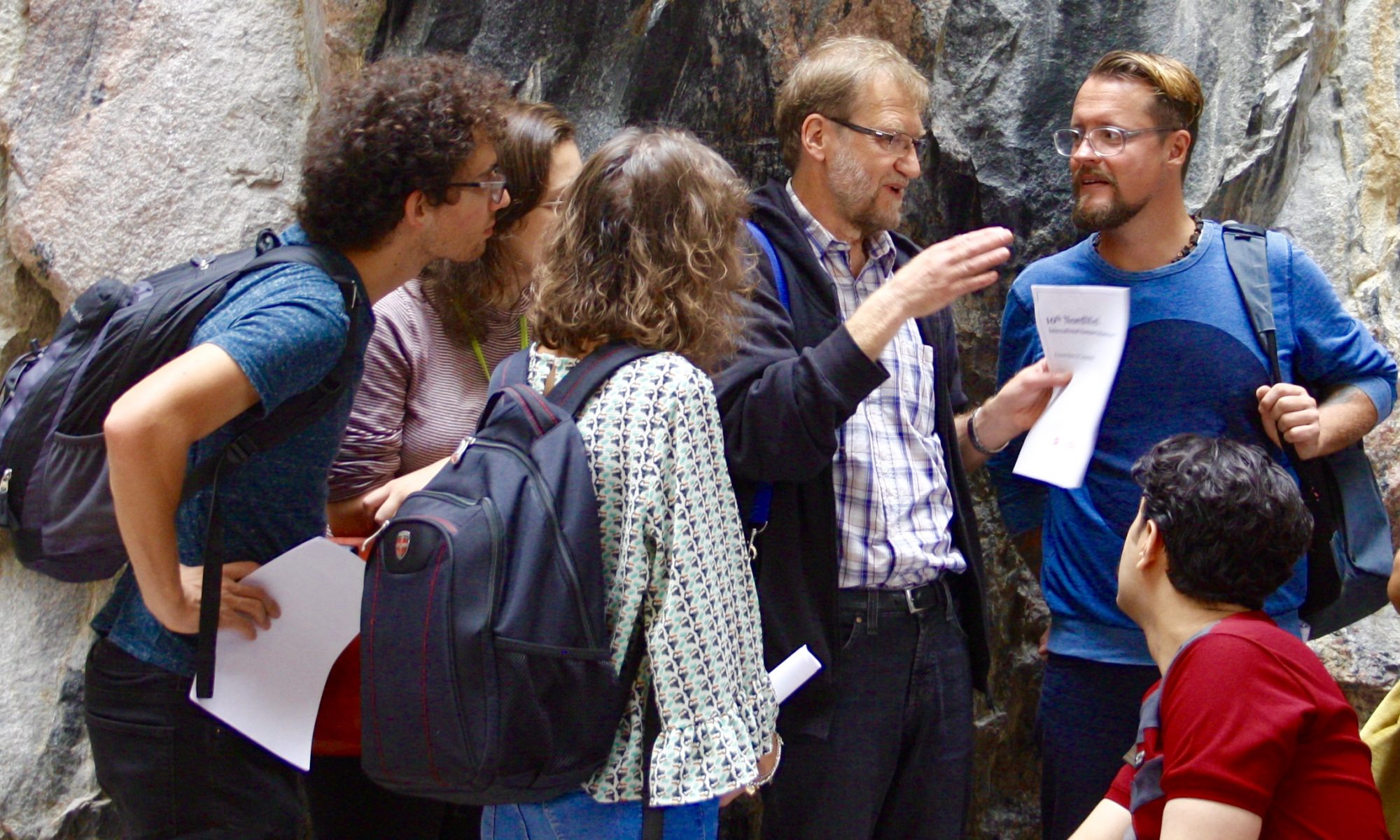The research group at the Norwegian University of Science and Technology (NTNU) is based on collaboration between Department for Interdisciplinary Cultural Studies/Centre for gender studies (NTNU), University of Copenhagen, University of Ålborg, Lunds University, Örebro University and Helsinki University.
Whereas the other partner institutions in NordWel are located at one university (or research institutions located in the same town and with close institutional links) this group is a Nordic network based on years of cooperation and including several Nordic universities. The participating researchers are well-established within their field and have strong international contacts. There is a very strong tradition for cross-disciplinary cooperation and research.
The subject of our cooperation has been gender and welfare. How gender has shaped the welfare state and vice versa is the overall theme for this research network, which has its focus on family policy and gender equality policy, including reproduction policy, marriage legislation and gender and ethnicity. Two recent projects form the basis for the network. The project on the Nordic marriage model (Det nordiske ekteskap i europeisk perspektiv. Modernisering og kjønnskonstruksjon) argues that the reformation and modernisation of the marriage legislation early in the 20th century was an important prerequisite for the development of the Nordic model of welfare state. It also stresses that the meaning of gender equality changes with time and need to be seen as a historical concept. This is further stressed in the other project (The limits of political ambition? Gender equality and welfare politics in Scandinavia), which focus on equality in relation to social policy and family policy in a broader sense and also deals with how recent development challenges the official equality policy in the Nordic countries, by questioning it from the perspective of generation, ethnicity and fatherhood. Similarities as well as differences are analyzed and the comparative perspective, within Norden and in relation to Norden versus the rest of Europe, is central. Within the frame of the proposed programme the group will develop these questions further within several of the planned research teams, focusing on the historical legacy of family-oriented policy and practice. The comparative aspect will be central, and the overall aim is to deepen the understanding of the shifting dynamics between the individual and the family, and between the family and the welfare state during the twentieth century. Two themes will be prioritized in the further co-operation: Historical and comparative studies of population and reproduction policies, and Gender and ethnicity.
Contact: Professor Trine Annfelt, email: trine.annfelt(at)hf.ntnu.no
